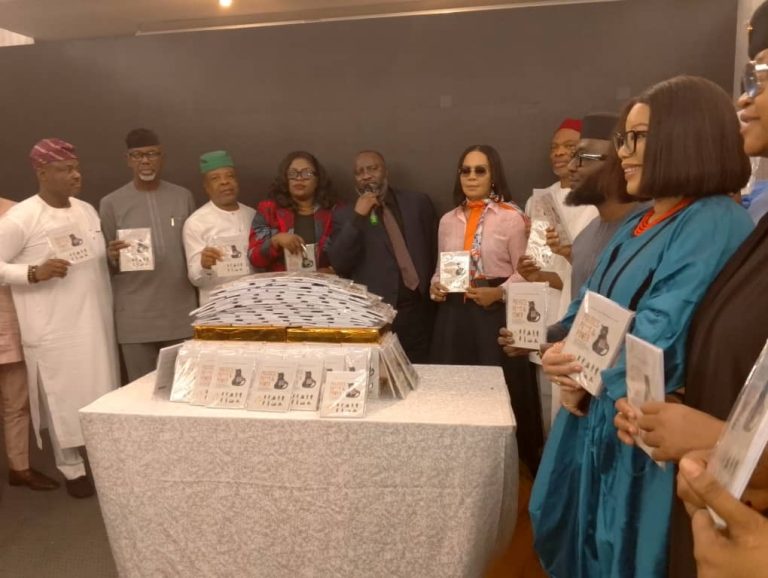The Convener of the Women Entrepreneurship Workshop (WEW), Mrs. Ngozi Enite-Okoro, has said that the initiative is a transformational platform designed to help women build not just enterprises, but sustainable legacy businesses.
Enite-Okoro stated this in an interview with reporters on Friday in Abuja.
According to her, while many expect workshops for women to focus on inspiration and motivation, WEW goes beyond that by equipping women with practical tools to transform their businesses from passion projects into fully compliant, scalable, and investment-ready enterprises.
“Since inception, WEW has achieved verifiable results. More than 25 Corporate Affairs Commission (CAC) business registrations have been completed, over 28 trademarks filed, multiple NAFDAC approvals secured, and at least five public analysis certificates issued to women-led brands.
“These are not abstract statistics; they are real businesses run by real women who are now positioned for growth. WEW enables women not just to build enterprises, but to create businesses with legacies that future generations will benefit from,” she said.
Enite-Okoro, who is also an award-winning leadership coach and entrepreneur, explained that the WEW curriculum covers step-by-step guidance on NAFDAC registration for MSMEs and SMEs, public analysis certification, intellectual property rights, branding and packaging standards, and marketing and customer service strategies.
She described WEW as a bridge between women’s passion and regulatory approval, as well as between their ideas and access to the global market.
Highlighting testimonies of beneficiaries such as Prof. Yetunde Isimi, CEO of Kikaboni Organics Cosmetics; Nenlap Bello, Consultant Pharmacist and CEO of Mutabell Agro and Allied Products Ltd, and others, she said the programme had already begun to transform women-led enterprises.
“WEW proves that when women are given the right tools, not just encouragement, they build compliant, credible, and competitive enterprises. The future of women-led businesses is not in the shadows of informality—it is in regulation, compliance, and legacy. WEW is where that journey begins,” Enite-Okoro stressed.


